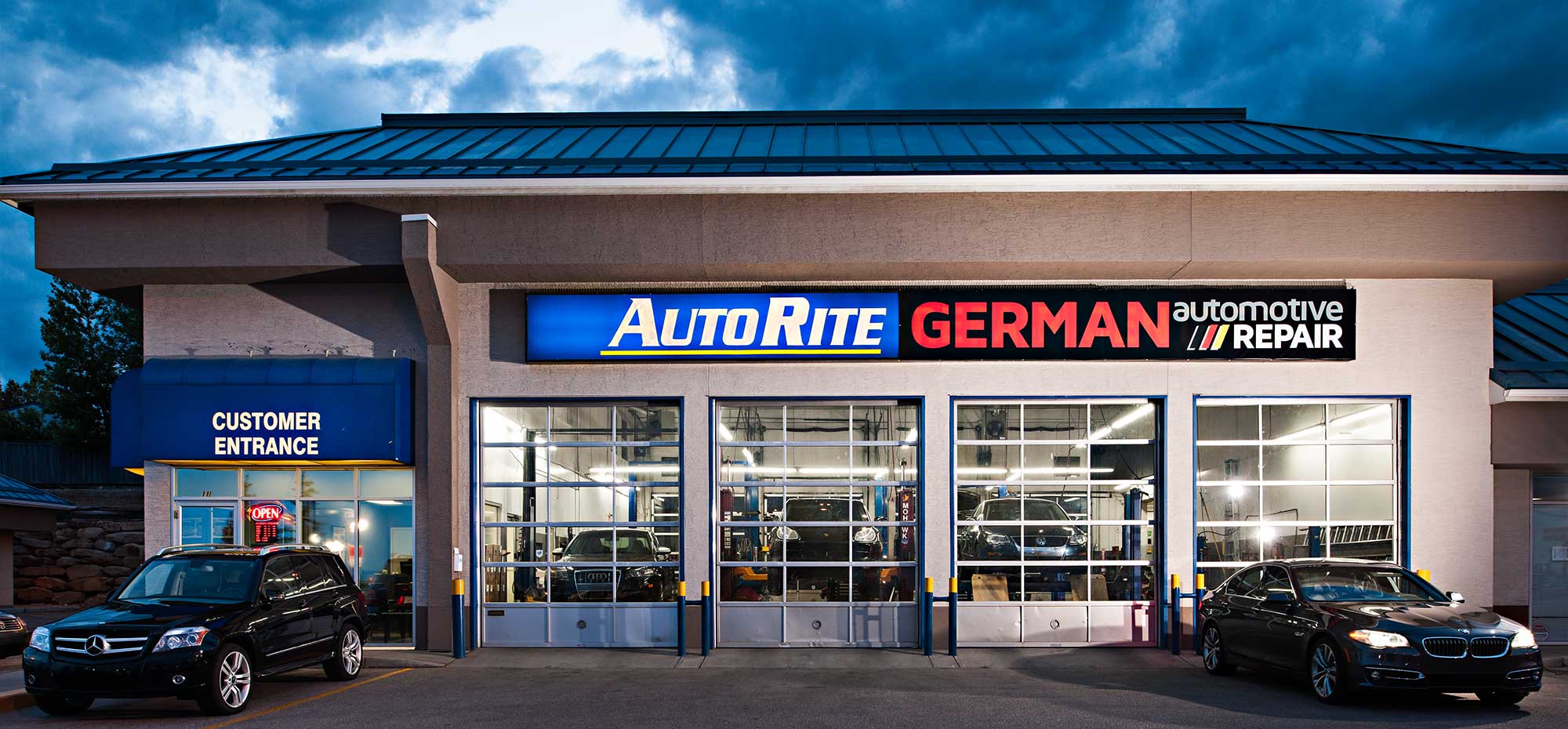Opening a car repair workshop in Germany can be a profitable business opportunity, given the high demand for vehicle maintenance and repair services. However, the process involves several legal, financial, and technical requirements. In this guide, we will walk you through the essential steps to establish a successful auto repair business in Germany.
1. Understanding Legal Requirements
Before starting your workshop, you must comply with German regulations for automotive businesses. Here are the key requirements:
- Trade License (Gewerbeschein): You need to register your business with the local trade office (Gewerbeamt).
- Chamber of Crafts Registration (Handwerkskammer): If your workshop offers specialized services, you may need to register with the local Chamber of Crafts.
- Master Craftsman Certificate (Meisterbrief): If you plan to offer major repairs, you may need a certified master mechanic or employ one.
- Tax Registration: Register your business with the tax office (Finanzamt) to obtain a tax number.
- Insurance: Business liability insurance and workers’ insurance are mandatory.
2. Choosing a Business Structure
You must decide on a business structure that suits your needs:
- Sole Proprietorship (Einzelunternehmen): A simple structure for small businesses.
- Limited Liability Company (GmbH): Provides liability protection but requires higher setup costs.
- Partnership (GbR): Suitable for businesses with multiple owners.
3. Finding a Suitable Location
Selecting the right location is crucial for success. Consider the following factors:
- Accessibility: Ensure your workshop is easily accessible by customers.
- Space: The location should have enough space for parking, repair areas, and storage.
- Competition: Analyze the local market to avoid oversaturated areas.
- Zoning Regulations: Ensure the premises comply with local zoning laws.
4. Acquiring Equipment and Tools
Investing in high-quality equipment is essential for an efficient car repair business. Common tools and machinery include:
- Car lifts and jacks
- Diagnostic tools
- Engine repair tools
- Tire changing and balancing machines
- Welding and painting equipment
5. Hiring Skilled Workers
Qualified mechanics and technicians are the backbone of your business. Ensure your employees have the necessary certifications and experience to provide high-quality services.
6. Marketing and Customer Acquisition
To attract customers, you need a strong marketing strategy. Here are some effective methods:
- SEO-Optimized Website: Create a professional website with relevant keywords to rank on search engines.
- Google My Business: Register your workshop on Google to appear in local searches.
- Social Media Marketing: Use Facebook, Instagram, and LinkedIn to promote your services.
- Online Reviews: Encourage satisfied customers to leave positive reviews.
- Loyalty Programs: Offer discounts or free services for repeat customers.
7. Managing Finances and Taxes
Efficient financial management is key to running a profitable business. Consider the following:
- Business Bank Account: Open a dedicated business account to manage transactions.
- Accounting Software: Use software like Lexware or Datev to track expenses and revenue.
- Tax Obligations: Consult a tax advisor to handle VAT (Mehrwertsteuer) and corporate taxes.
8. Ensuring Compliance with Environmental Laws
Germany has strict environmental regulations for car repair shops. Ensure compliance by:
- Properly disposing of hazardous waste (oil, batteries, and tires).
- Installing air filtration systems if you offer painting services.
- Using eco-friendly materials whenever possible.
Conclusion
Opening a car repair workshop in Germany requires thorough planning, legal compliance, and strategic marketing. By following these steps, you can establish a successful and profitable business while providing high-quality automotive services.
For further guidance, consult local authorities and professional advisors to ensure your business meets all legal requirements.
